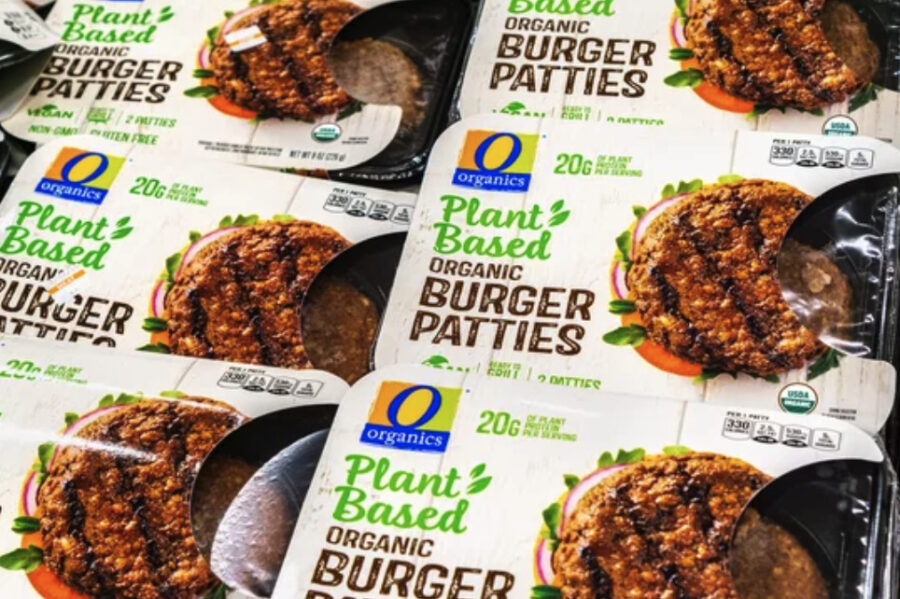The meat alternative market is slowing down after years of explosive growth: dollar sales fell 18.5% to $370.2 million for the 52 weeks ended June 18, according to data from Circana. Without the perception of plant-based meat as a new or exciting category, retailers will need to focus on brands that offer benefits like great taste and clean labels in pursuit of a return to growth.
“There’s a thing called the second moment of truth that manufacturers of anything know about, and that is taste,” said Christine Lewington, CEO at PIP International. “The first moment of truth is that someone will purchase something because they’ll cause great marketing. ‘Hey, cool, let’s try it.’ But they rarely come back the second time if it doesn’t taste good, or the experience with it is not good.”
The Plant Based Foods Association noted that units purchased per household and repeat rates held steady in 2022, which is a sign that consumers who enjoy the taste of these products are still coming back. More than 95% of existing shoppers remained loyal to the plant-based meat category, according to the study.
Without growing interest from new shoppers, however, the category can’t sustain the massive growth it experienced over the past 10 years.
Labeling Liabilities
Perhaps the biggest challenge plant-based meat needs to overcome for the average shopper is the label. Many of these products are highly processed, which can run counter to what is supposed to be one of the category’s biggest benefits — its healthiness compared to traditional meat.
This effect can be seen particularly in the frozen meat alternative subcategory, which fell just 6% in the 52-week period ended June 18, according to data from Circana. The products found here are placed next to other processed foods, which helps them retain some of the health halo they may have lost compared to fresh options.
“Frozen meat substitutes have held their sales volume better because they’re a destination item in a supermarket — consumers specifically go to the alt-based meat section — as opposed to the fresh alt-meats which are clearly a substitute item next to ground chuck and real chicken strips,” said Michael Ashley Schulman, Partner and Chief Investment Officer at Running Point Capital Advisors.
“That psychology of substitution that aided their sales when they were perceived as healthier is now to their detriment as they’re perceived as overly processed when sitting next to natural meat.”
Additionally, plant-based proteins that don’t necessarily try to mimic meat are actually seeing growth, according to Minh Tsai, Founder and CEO of Hodo. He noted that highly traditional products such as artisanal tofu, tempeh, and seitan remain strong, which further highlights the need for clean labels.
Tsai assessed the current state of the category thusly:
“The challenges we see with the plant-protein category will likely continue into 2024, with the products seen as whole-ingredient, nutrient-dense, and economical remaining stable, while the new brands and more processed products continue to face headwinds.”
Plant-based meats still have a place on grocer’s shelves despite the headwinds. Lewington suggested that retailers look for brands that use a strong, minimally processed base protein. From there, they can reignite interest using taste tests and other methods to get shoppers to give meat substitutes a second chance.
“You need to not just make customers aware, you have to undo existing perceptions and create new ones,” said Lewington. “Get some new traction. The only way to do that is to go head-to-head with how things have evolved or with traditional choices. Say, ‘Give us a try again. This is how things have improved.’ I really think this is how grocers will really be able to move the needle on things.”












